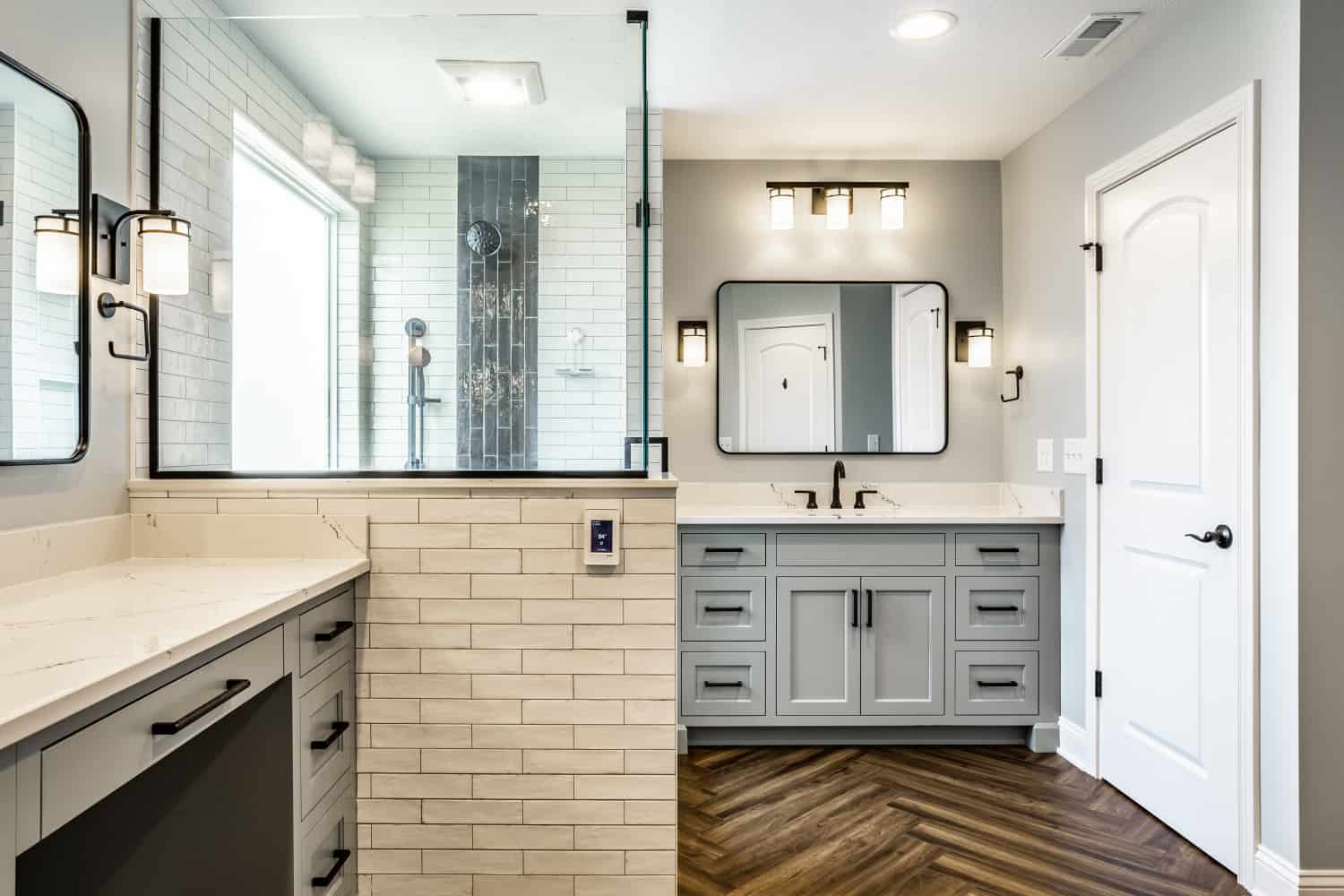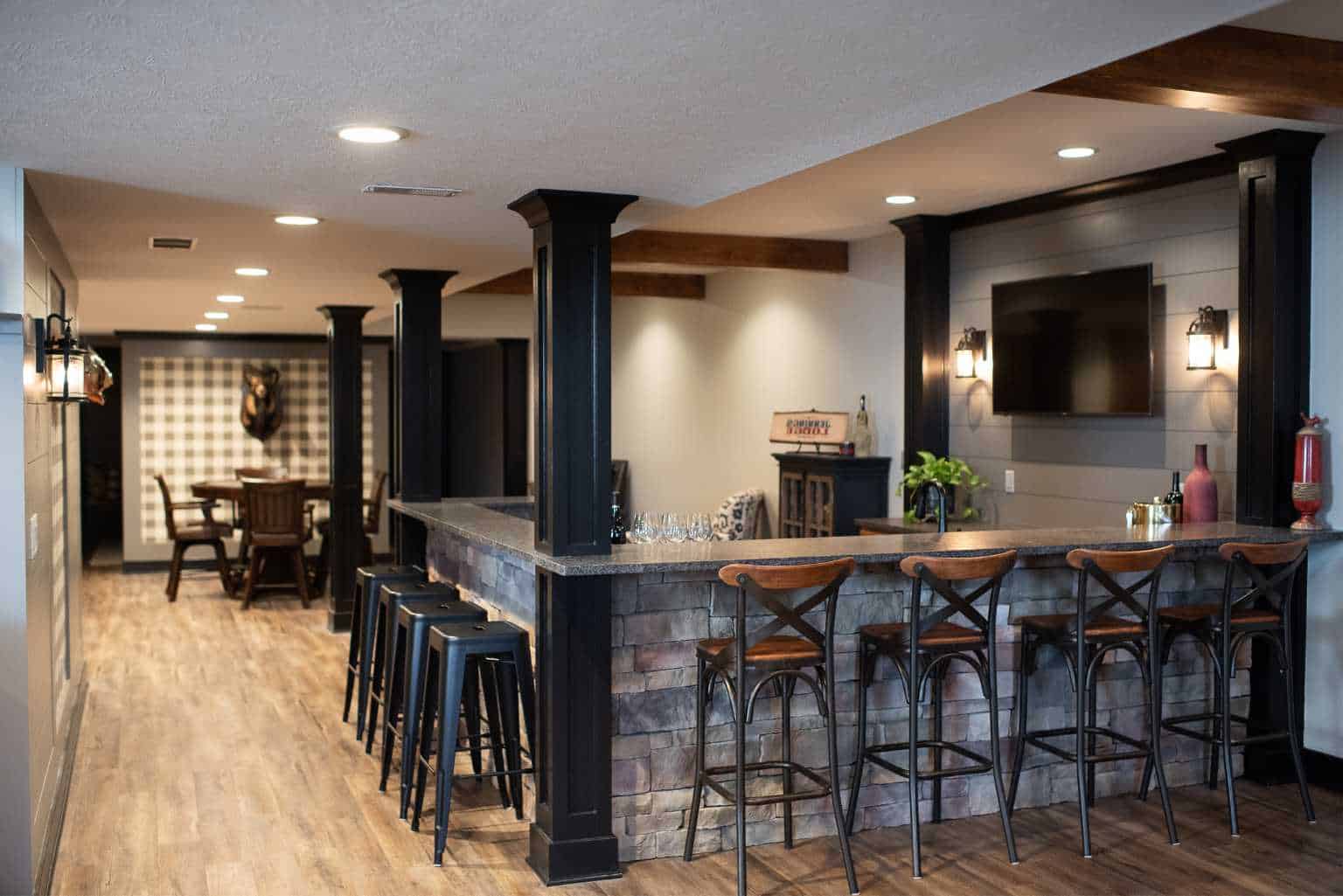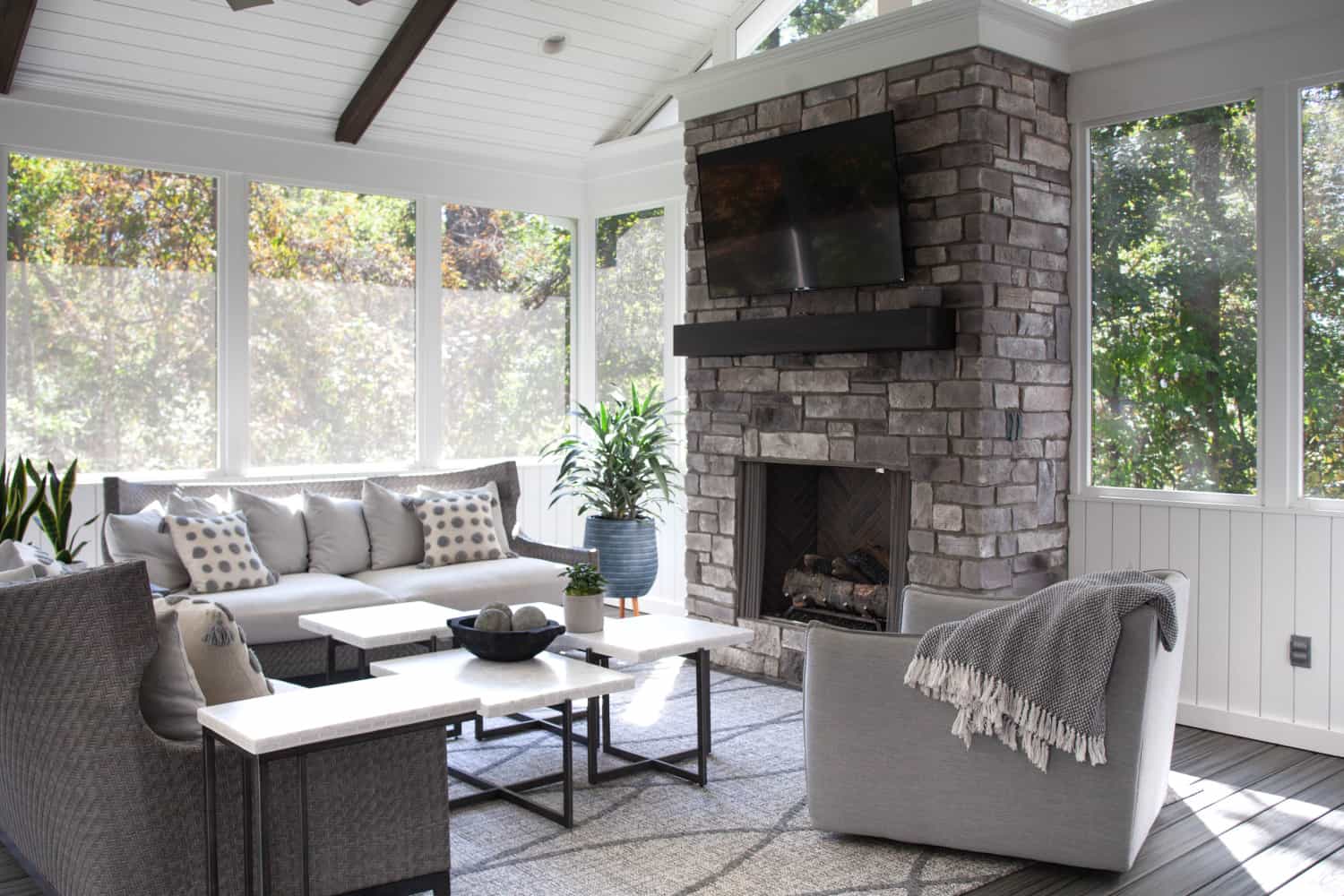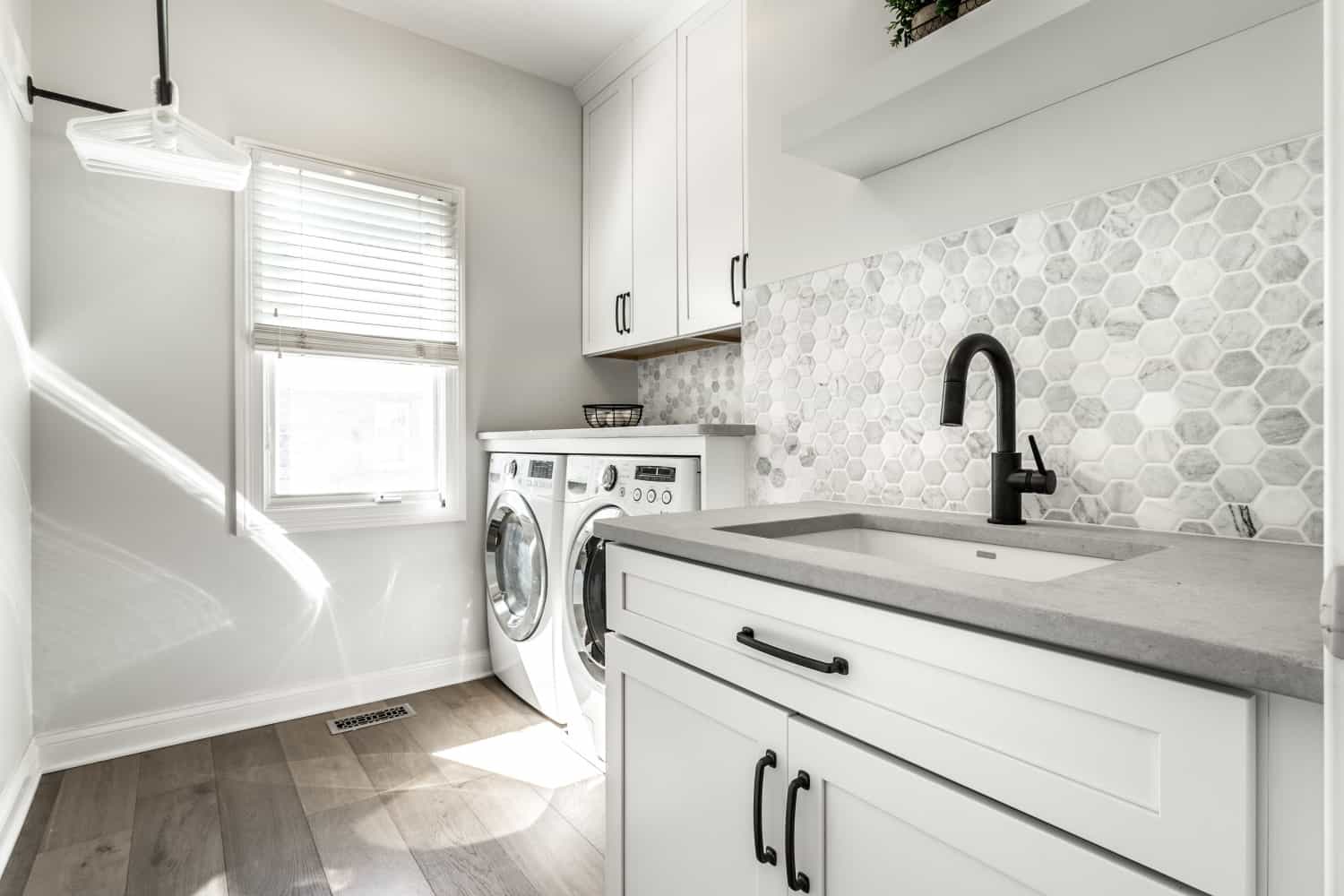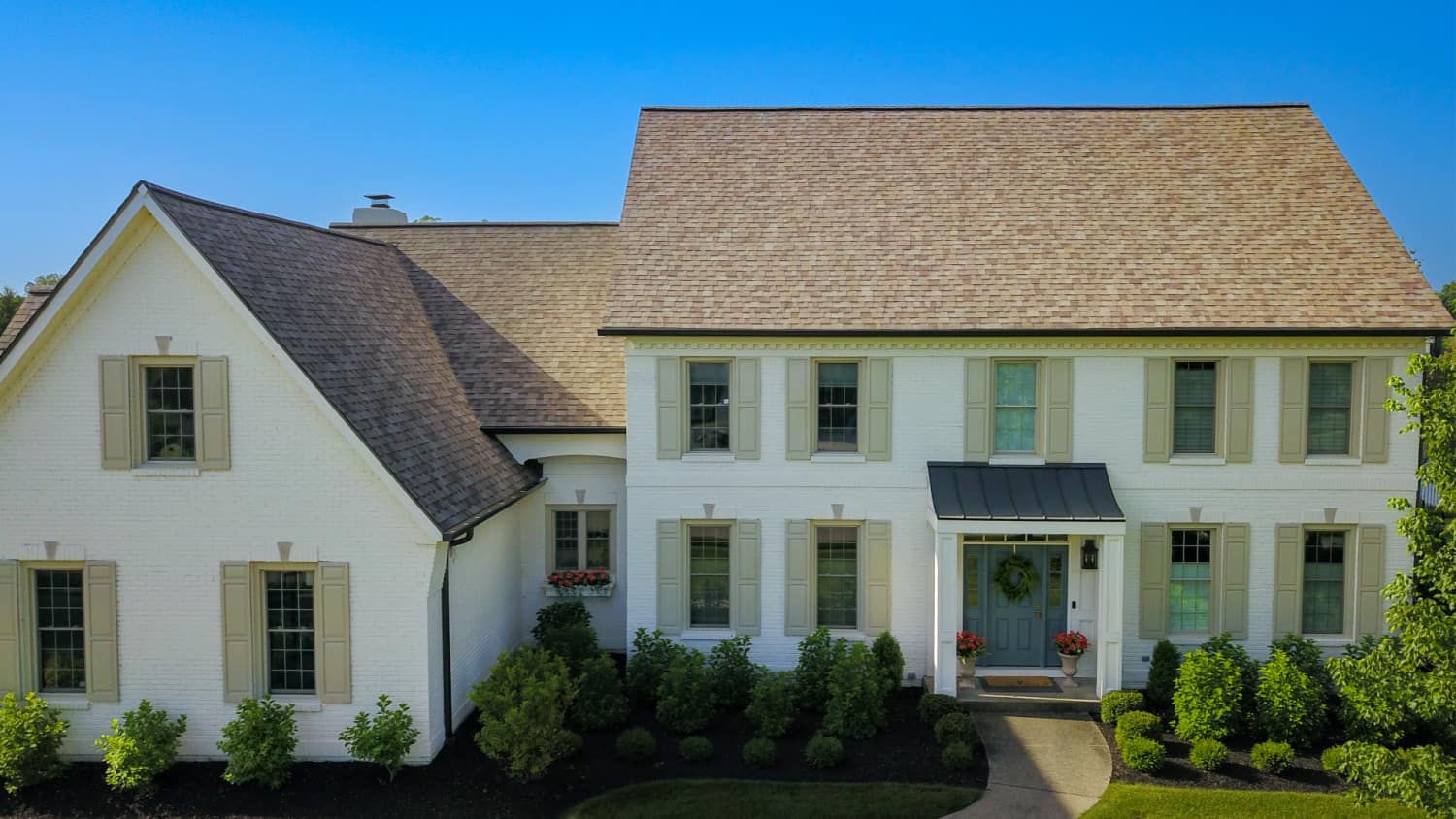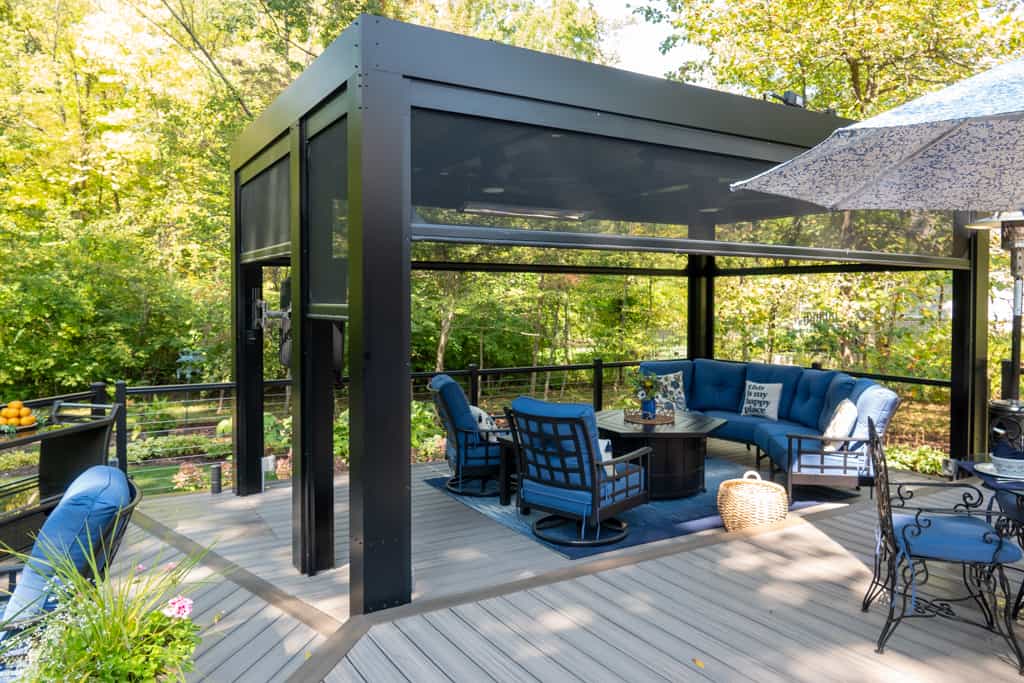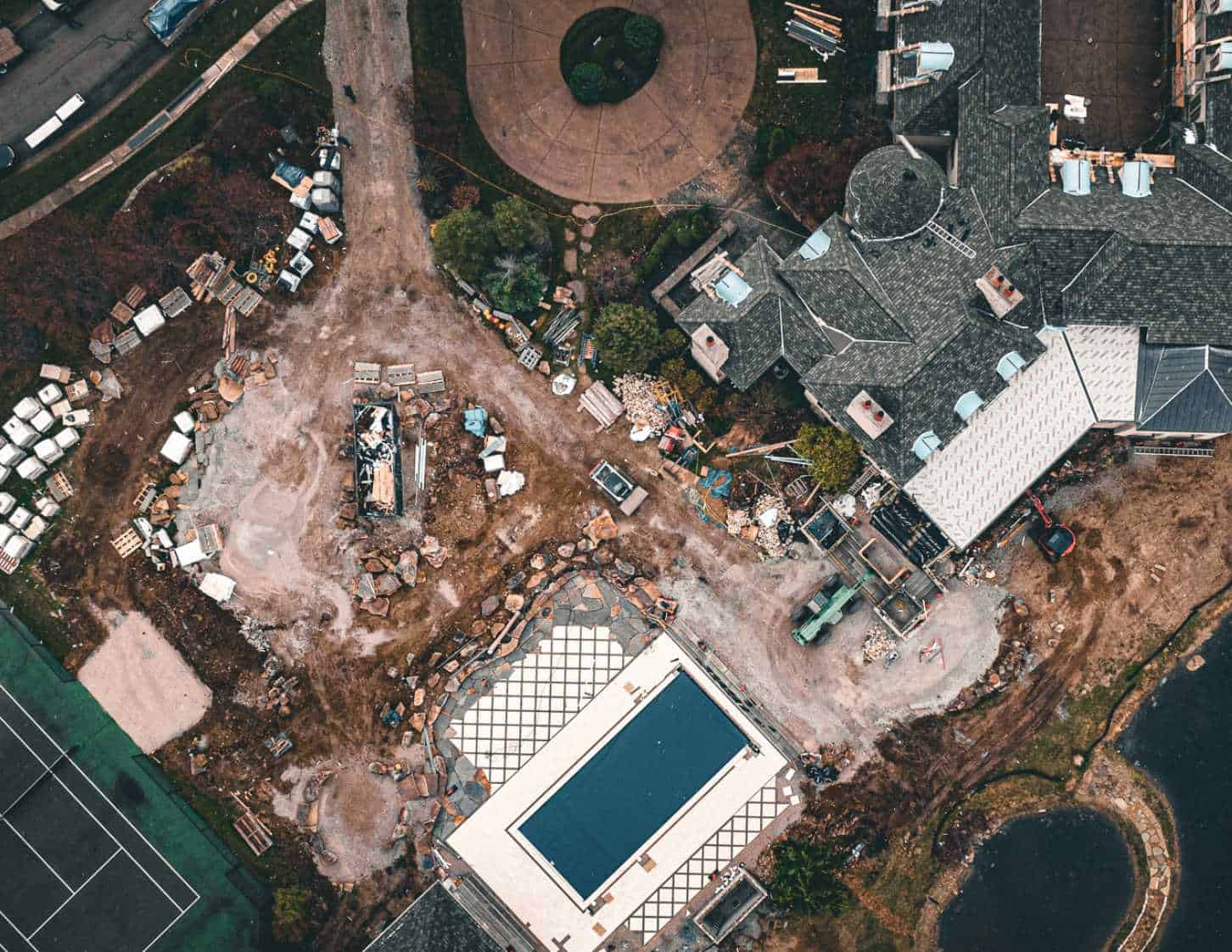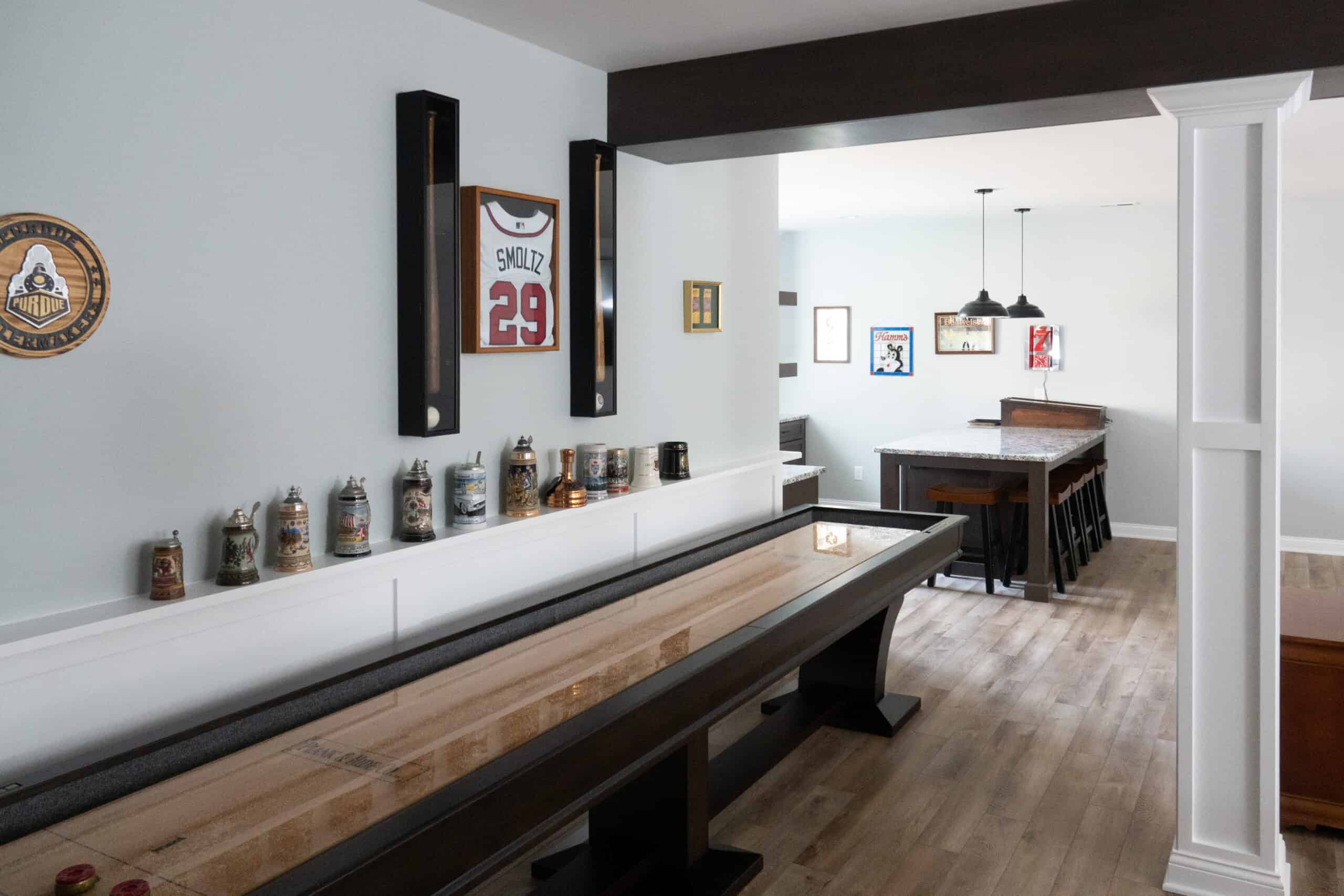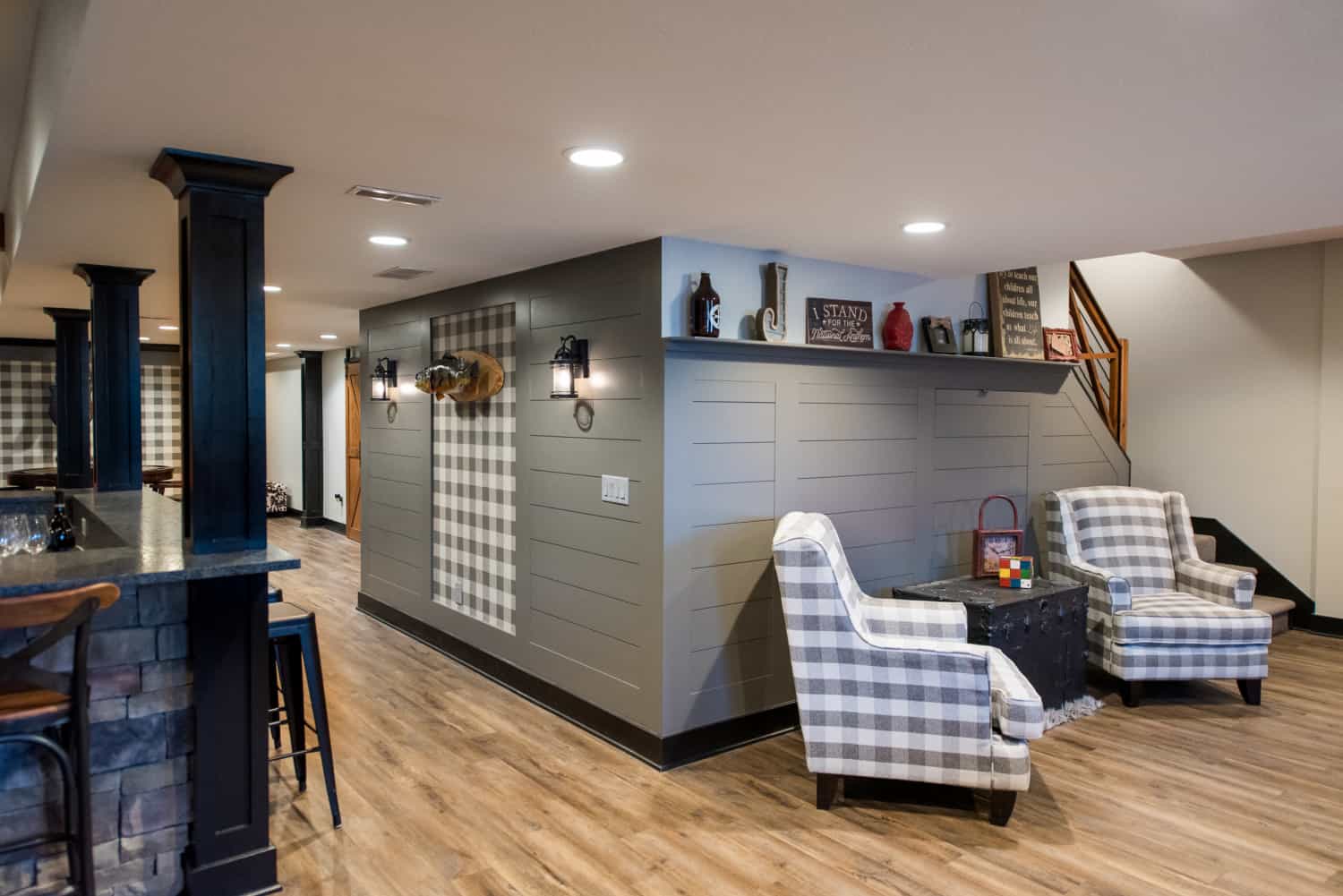Finishing a basement can be an exciting prospect, transforming an underutilized space into a functional and comfortable part of your home. However, before diving into the world of drywall, flooring, and décor, it’s crucial to assess whether your basement is a suitable candidate for a makeover. In this blog post, we’ll explore the key considerations and scenarios in which finishing a basement might not be the best idea.
When Not To Finish Your Basement
1. Water Woes: The Enemy of a Finished Basement
Water issues are perhaps the most common stumbling block when it comes to basement renovations. If your basement has a history of leaks, flooding, or excessive humidity, these problems must be addressed before embarking on a finishing project. Water can wreak havoc on materials, fostering the growth of mold and compromising the integrity of your newly renovated space. In this section, we’ll delve into the importance of proper waterproofing and drainage solutions, ensuring your basement remains dry and comfortable for years to come.
2. Cracks in the Foundation: A Solid Start Matters
Your basement’s foundation is the backbone of your home, providing crucial support for the entire structure. If there are visible cracks, shifts, or other signs of foundation problems, it’s essential to tackle these issues before even thinking about finishing the basement. We’ll discuss the potential risks associated with neglecting foundation problems and highlight the importance of consulting with structural engineers to ensure the safety and stability of your home.
3. Radon Gas: A Silent Threat
Radon is a naturally occurring radioactive gas that can seep into homes through the ground, particularly in basements. It’s odorless and colorless, making it a silent threat to your health. We’ll explore the significance of radon testing and the measures you can take to mitigate its presence if elevated levels are detected, emphasizing the importance of a safe and healthy living environment.
4. Ceiling Height Matters
Building codes typically stipulate minimum requirements for ceiling height in habitable spaces. If your basement lacks sufficient headroom, finishing the space may not be practical or compliant with regulations. We’ll discuss how inadequate ceiling height can impact the overall comfort and functionality of the renovated space and offer insights into potential solutions or alternatives.
5. Let There Be Light: Natural Light and Ventilation
Basements often suffer from limited natural light and poor ventilation. We’ll explore the impact of insufficient light and airflow on the livability of the space and discuss potential strategies to enhance these aspects. Whether it’s the addition of windows, egress wells, or other modifications, we’ll provide insights into how to brighten and ventilate your basement.
6. Intended Use: Aligning Renovation with Lifestyle
The purpose of your basement renovation should align with your lifestyle and the needs of your family. We’ll guide you through a self-assessment process, helping you define the intended use of the space. Whether it’s a home office, entertainment area, or additional living space, understanding your needs will ensure that the finished basement enhances your overall quality of life.
Conclusion
In the quest to create the perfect living space, it’s essential to approach basement finishing with a discerning eye. By addressing potential red flags such as water issues, foundation problems, and compliance with building codes, you can ensure that your basement renovation project is a success. Remember, the key to a comfortable and valuable finished basement lies in careful planning, thorough inspections, and a clear understanding of your goals. Just make sure to go over all of the pros and cons before doing so.
If you’re looking to hire professionals, keep Nicholas Design Build in mind. NDB is the premier home remodeling firm in the greater Indianapolis area.

